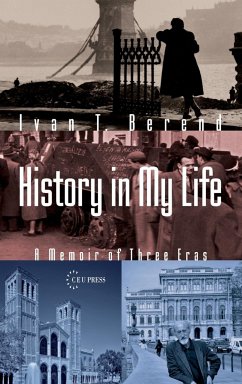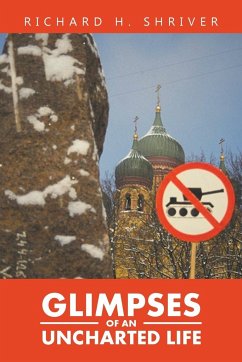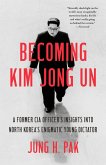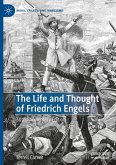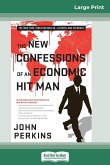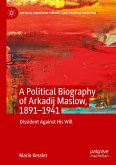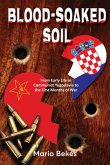Ivan T. Berend is Distinguished Professor at the University of California Los Angeles, Director of the European Studies Program. He was one of the masterminds of regime change in Hungary. He made a career in Hungary as a university professor, Rector of the University of Economics (1973-79), and President of the Hungarian Academy of Sciences (1985-90). He was President of the International Committee of Historical Sciences (1995-2000), and Vice-President of the International Economic History Association (1986-1994). His research interests are the complex economic, social, ideological, and cultural history of Central and Eastern Europe in the 19th-20th century; economic modernization; problems of European backwardness; transition from state socialism to capitalism. He published and 26 books and more than 120 studies. Before he became a professor at UCLA, Ivan Berend had survived five regime changes and two revolutions in Hungary, had been in prison and German concentration camp in 1944-45. His memoir offers an interesting case study, a subjective addition to the "objective" historical works on Central and Eastern European state socialism. It describes the hard choices of intellectuals in a dictatorial state: 1. remain in isolation, concentrate on scholarly works, and exclude politics in your personal life; 2. be in opposition, criticize and unveil the regime, accept discrimination and exclusion; 3. remain within the establishment and work for reforming the country using legal possibilities to criticize the regime and to achieve changes from within. Berend's book raises basic historical questions and debates, compares East European and American higher education systems, and presents an eyewitness' insights on life in the United States.
Hinweis: Dieser Artikel kann nur an eine deutsche Lieferadresse ausgeliefert werden.
Hinweis: Dieser Artikel kann nur an eine deutsche Lieferadresse ausgeliefert werden.

